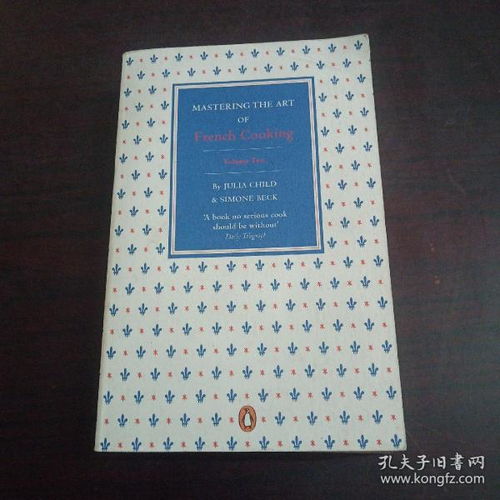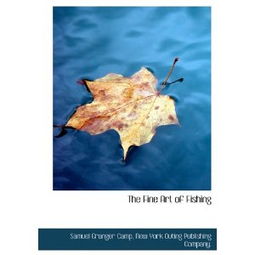Content:
In the annals of Chinese literature, the art of fishing has been celebrated through the ages. Ancient texts and poems offer us a glimpse into the wisdom of our ancestors when it comes to mastering the craft of angling. Let us delve into the ancient Chinese perspective on fishing techniques, as elucidated in classical literature.
The earliest mention of fishing techniques in Chinese literature can be traced back to the "Classic of Mountains and Seas" (Shan Hai Jing), a compilation of ancient myths and legends. The text provides a wealth of information on the various methods used by ancient Chinese anglers to catch fish. Here are some key techniques and philosophies as depicted in the classics:
The Right Equipment: In ancient China, anglers believed in the importance of using the right equipment for the job. The "Book of Changes" (Yi Jing) suggests that one should choose the right line, hook, and bait based on the type of fish one wishes to catch. For instance, using a fine line for delicate fish and a sturdy line for larger species.
The Right Location: The "Classic of Mountains and Seas" emphasizes the significance of selecting the right fishing spot. It advises anglers to seek out places where fish are abundant, such as near waterfalls, at the mouth of rivers, or in shallow waters. The text also suggests that understanding the habits of fish, such as their migration patterns and preferred habitats, is crucial in determining the best locations to fish.

The Right Time: Ancient Chinese anglers were acutely aware of the importance of timing. The "Book of Changes" suggests that the best time to fish is during the hours of the Dragon and Snake, which corresponds to the hours of 9 am to 11 am and 11 pm to 1 am. It is believed that during these hours, fish are most active and more likely to bite.
The Art of Patience: Fishing, as per ancient Chinese philosophy, is not merely a sport but a test of one's patience and perseverance. The "Tao Te Ching" by Laozi teaches us that tranquility and patience are essential in achieving success in life, and this principle is no different in fishing. It advises anglers to remain calm and composed, waiting for the right moment to strike.
The Use of Bait: Ancient Chinese anglers employed various types of bait, including insects, worms, and fish. The "Classic of Mountains and Seas" mentions that the type of bait should be chosen based on the fish's preference. For example, using a worm as bait for carp and a small fish as bait for larger species. It is believed that the more natural the bait, the more likely the fish will be attracted to it.
The Role of Feng Shui: Feng Shui, the ancient Chinese practice of harmonizing with the natural world, also played a role in fishing techniques. Anglers would select their fishing spots based on the principles of Feng Shui, believing that certain locations had an abundance of fish due to favorable energy flow.
The Importance of Observation: The "Classic of Mountains and Seas" emphasizes the importance of observing the behavior of fish. By watching their movements and reactions to the bait, anglers could predict their next move and adjust their techniques accordingly.
In conclusion, the ancient Chinese texts provide us with a wealth of knowledge on fishing techniques that have stood the test of time. From selecting the right equipment and location to employing patience and observation, these time-honored practices continue to be revered by anglers today. As we appreciate the wisdom of our ancestors, we can apply these techniques to enhance our own fishing experience and perhaps even draw inspiration from the serene and mindful approach to life that fishing embodies.
As the saying goes, "Fishing is not just an activity, but a way of life." The ancient Chinese understood this well, and their teachings on angling continue to offer guidance and insight into the art of fishing. So, the next time you cast your line, remember the lessons of the past and let the ancient Chinese wisdom guide you to a successful catch.












